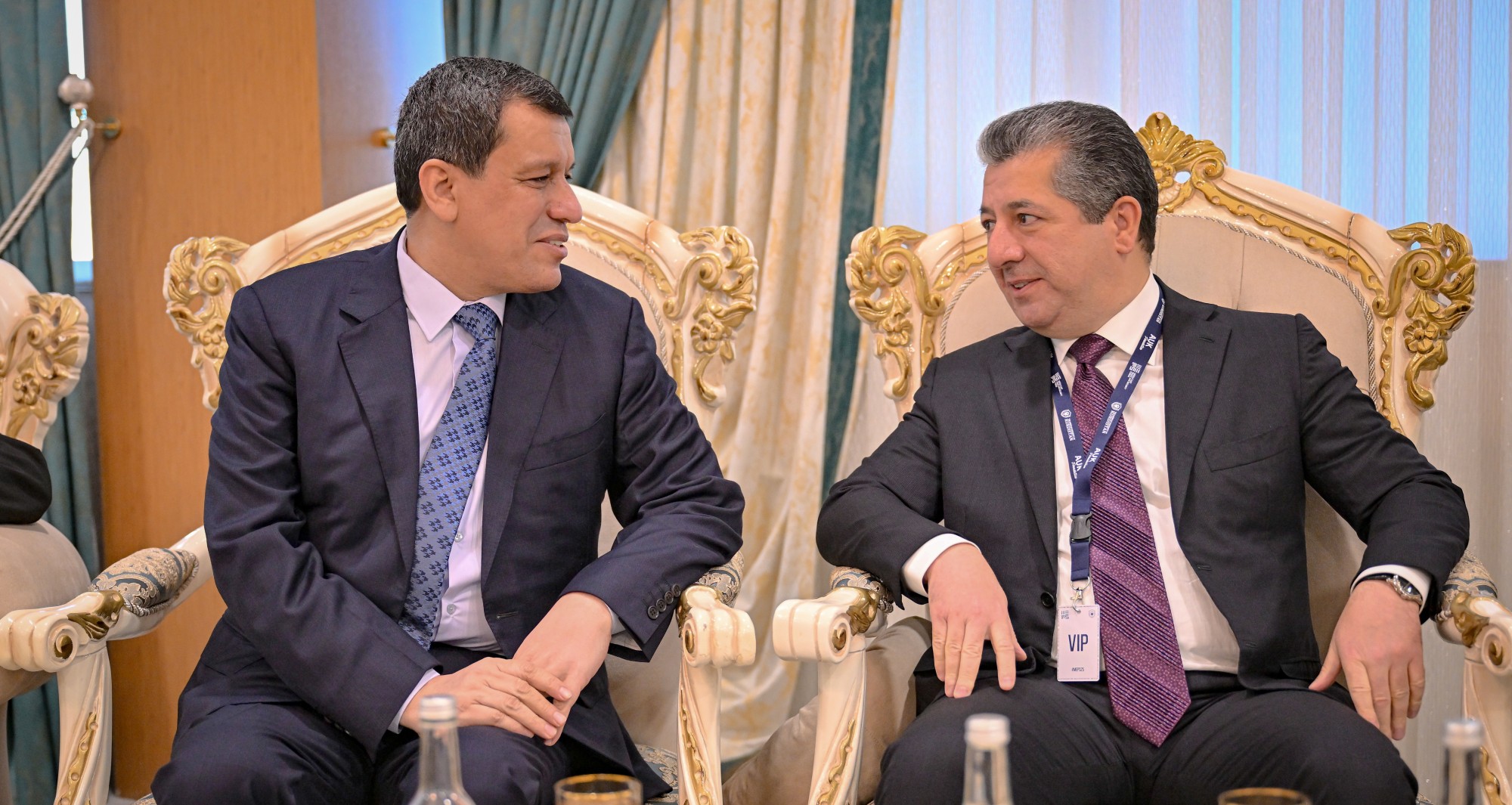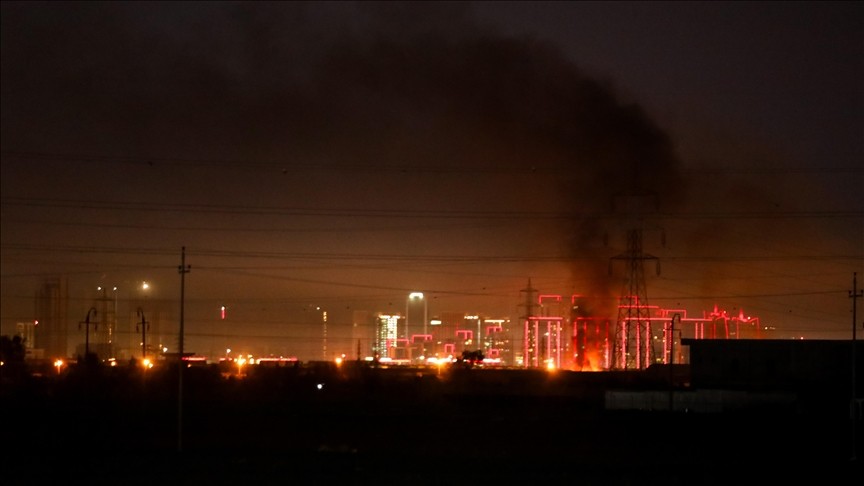Kurdistan Regional Government (KRG) Coordinator of International Advocacy Dindar Zebari told Kurdistan Chronicle on June 6 that he met Acting Head of the UN Investigative Team to Promote Accountability for Crimes Committed by ISIS (UNITAD) Ana Peyro Llopis to request that the KRG receive the “results of the analytical work, case building, assessment, and investigations they had conducted in areas such as Sinjar and the Nineveh Plains.”
Read More: KRG Not Included in Discussions of UNITAD Mandate in New York
“It’s important that the KRG receive the same outcomes and analyses that have been submitted to federal authorities. We also request that UNITAD to provide us with the conclusions of the reports regarding ISIS attacks on Sinjar and Badush prison, ISIS crimes against the Yezidis, Christians, Kaka’i, Shabaks, and Shi’a Turkmen, ISIS crimes in Mosul and the Nineveh Plains against Christians, and ISIS structure and councils.”
He also added that the “KRG Office of the Coordinator for International Advocacy has assigned a team of representatives of KRG judicial and executive authorities to receive the documents, hard drives, data, and case files submitted to UNITAD in the last three years.”
Read More: Exhumations Start at Yezidi Mass Grave in Tal Afar
“We have also requested that KRG representatives receive access to the training that UNITAD is conducting in Baghdad to support several departments, such as the Witness Protection Department in Iraq’s Ministry of Interior. These include programs focused on capacity building for the judiciary or other government entities, like the Department of Mass Graves.”
Zebari said he hopes that there will be some capacity building in the Kurdistan Region and the return of documentation and analytical work that UNITAD has carried out, which was conducted on the basis of information the KRG submitted to them.
During the June 5 UN Security Council briefing on the most recent UNITAD report, Acting Head Llopis said the evidence collected from the Kurdistan Region is ready for delivery and “will be returned to them in the coming days.”
“Some of this returned evidence was generated because of the close collaboration between the Team and the Iraqi authorities,” she added, through activities such as mass grave excavations or examination of data from seized ISIS-held devices.
Moreover, she said 28 terabytes (TB) of data have been transferred to Iraq, representing a majority of the 40 TB held by the UNITAD mission.
Read More: Kurdistan Officials Bid Farewell to UN Investigative Head Probing ISIS Crimes
UNITAD was first established in 2017 to investigate ISIS crimes in Syria and Iraq. However, Iraq has decided to end the UNITAD mission by September 2024 because it has not provided evidence to Iraqi courts.
Moreover, at the UN Security Council Meeting on June 5, UK Deputy Permanent Representative to the UN James Kariuki underlined that they do not see the closure of UNITAD as the end of the fight for accountability against ISIS.
Additionally, U.S. Deputy Political Counselor Ting Wu noted that the 10-year mark since ISIS began committing genocide and crimes against humanity is approaching, including crimes against “Yezidis, Christians, Kurds, Shi’a Muslims, and other minorities, as well as some Sunni Muslims.”
“A decade later, these communities still seek justice. The United States stands with them. We believe accountability for these crimes will contribute to peace and security in Iraq and the region,” he concluded.

